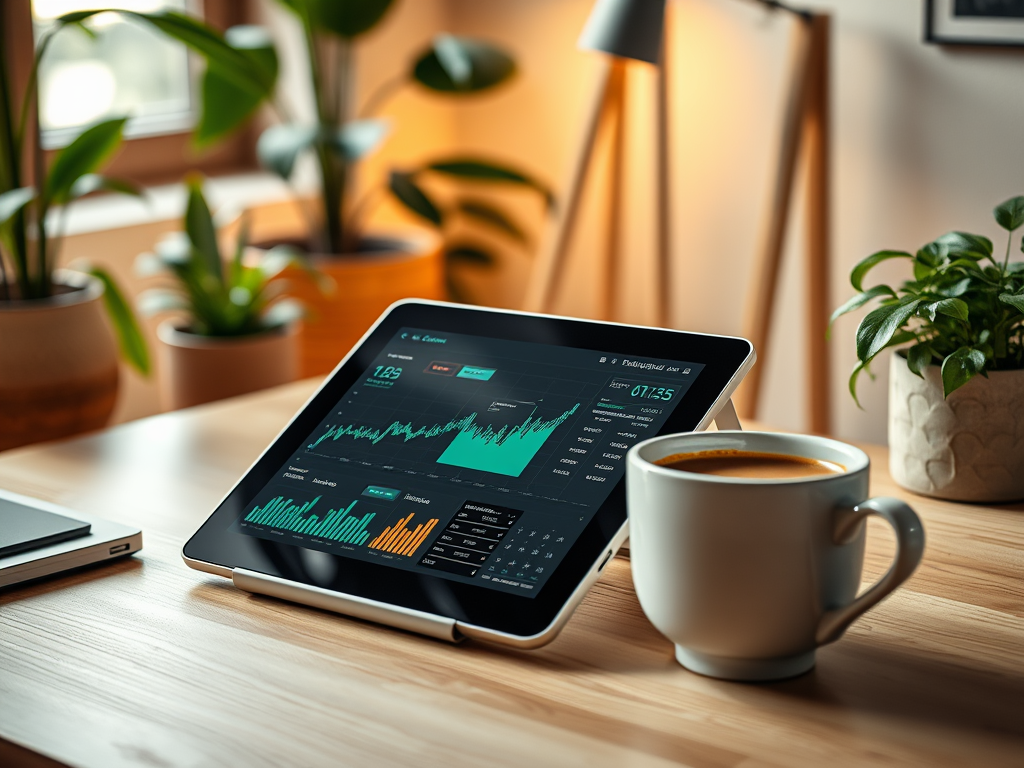Blockchain technology has emerged as a transformative force in Dubai’s financial technology ecosystem. Its decentralized and secure nature empowers various sectors, fostering innovation and efficiency. The city has recognized the potential of blockchain to revolutionize financial services, enhance transparency, and streamline operations. As Dubai strives to become a global hub for finance and technology, the integration of blockchain is paving the way for new opportunities and growth. This article explores the multifaceted role of blockchain in Dubai’s fintech environment, its implications for businesses and consumers, and its contribution to the broader economy.
The Driving Forces Behind Blockchain Adoption

The adoption of blockchain in Dubai’s fintech ecosystem is fueled by various factors, including government initiatives, investor interest, and technological advancements. Dubai’s commitment to becoming a smart city underpins its strategy to leverage digital technologies for economic growth. The emirate aims to increase blockchain’s share in its digital economy, targeting transformative projects that can set benchmarks for the rest of the world. Additionally, competitive investment from global firms highlights the lucrative opportunities blockchain presents. The following factors are pivotal in driving blockchain adoption:
- Government Support: The Dubai Blockchain Strategy 2020 aims to secure the emirate’s position as a leader in blockchain technology.
- Regulatory Framework: Progressive regulations encourage startups and established companies to innovate within the blockchain space.
- Investment Opportunities: The influx of venture capital into blockchain-based projects fuels further innovation.
- Technological Infrastructure: Dubai boasts a robust technological ecosystem, supporting the growth of fintech and blockchain solutions.
- Global Collaboration: Partnerships with international organizations and technology companies enhance Dubai’s blockchain capabilities.
Sectoral Impact of Blockchain Technology

Blockchain technology is influencing multiple sectors within Dubai’s financial landscape, resulting in enhanced operations and customer experiences. The technology’s inherent properties—security, transparency, and immutability—are particularly beneficial for areas such as banking, insurance, and trading. Several specific applications of blockchain in these sectors include:
- Banking and Payments: Blockchain facilitates faster, secure transactions, reducing costs and processing times.
- Supply Chain Management: Provenance tracking through blockchain ensures transparency and trust among stakeholders.
- Insurance: Smart contracts provide automated claims processing, minimizing fraud and enhancing customer satisfaction.
- Asset Management: Tokenization of assets enables fractional ownership and broadens investment opportunities.
- Decentralized Finance (DeFi): Innovative financial products and services outside traditional banking channels are being developed.
Despite its immense potential, implementing blockchain technology in Dubai’s fintech ecosystem is not without challenges. The following are notable hurdles that stakeholders face:
- Scalability: As transactions increase, maintaining speed and efficiency becomes a concern.
- Regulatory Compliance: Navigating the evolving regulatory landscape can be complex for businesses.
- Interoperability: Ensuring various blockchain systems work together is crucial for widespread adoption.
- Public Awareness: Educating the public about blockchain’s benefits and functionality remains essential for acceptance.
- Security Concerns: While blockchain is secure, the surrounding infrastructure needs robust safeguards against cyber threats.
The Future of Blockchain in Dubai’s Financial Ecosystem
The future of blockchain in Dubai’s financial technology ecosystem looks promising, with continuous investments and innovations expected. The emirate is actively exploring developments like Central Bank Digital Currencies (CBDCs) and enhancing its regulatory framework to foster a conducive environment for blockchain startups. More partnerships between the public and private sectors are likely to emerge, fueling research, development, and implementation of blockchain solutions. Furthermore, as consumers and businesses witness the benefits of enhanced security and efficiency, adoption rates are anticipated to rise. Dubai is well-positioned to be a leader in blockchain innovation, setting standards for other global cities as it continues to embrace this transformative technology.
Conclusion
In conclusion, blockchain is playing a pivotal role in shaping Dubai’s financial technology ecosystem. Its capacity to improve transaction efficiency, enhance transparency, and enable innovative financial solutions makes it an invaluable asset. As Dubai continues to invest in blockchain initiatives and foster collaboration among stakeholders, the emirate is likely to solidify its position as a global leader in fintech. The challenges that come with implementation will necessitate a concerted effort from regulatory bodies, businesses, and consumers alike to harness the full potential of this groundbreaking technology.
Frequently Asked Questions
1. How is the Dubai government supporting blockchain initiatives?
The Dubai government supports blockchain initiatives through the Dubai Blockchain Strategy 2020, which aims to make Dubai the first city fully powered by blockchain technology. The government invests in public-private partnerships and offers regulatory frameworks that encourage innovation.
2. What sectors are benefiting most from blockchain in Dubai?
Major sectors benefiting from blockchain in Dubai include banking, insurance, supply chain management, and decentralized finance (DeFi). Each sector employs blockchain to enhance efficiency, security, and customer satisfaction.
3. Are there any challenges in the implementation of blockchain in Dubai?
Yes, challenges include scalability issues, regulatory compliance complexities, interoperability across different blockchain platforms, public awareness, and security concerns related to the surrounding infrastructure.
4. What is the future outlook for blockchain technology in Dubai?
The outlook is optimistic as Dubai continues to invest in blockchain innovations, aiming to integrate Central Bank Digital Currencies and enhance the regulatory framework to support blockchain startups and solutions.
5. Can individuals benefit from blockchain in Dubai?
Absolutely! Individuals can benefit from improved security in financial transactions, better access to innovative financial products, and potentially lower costs due to the efficiencies that blockchain can create in various services.


